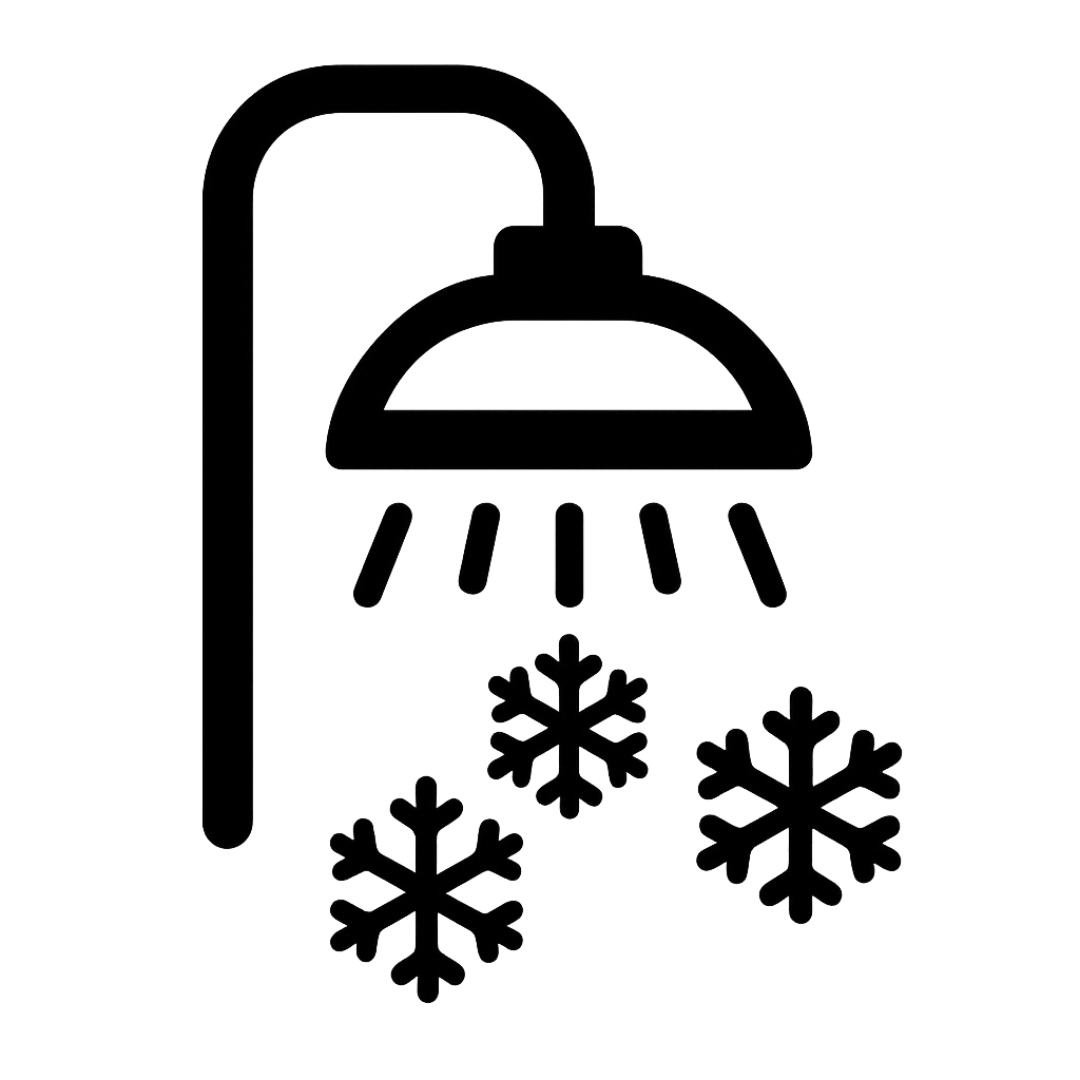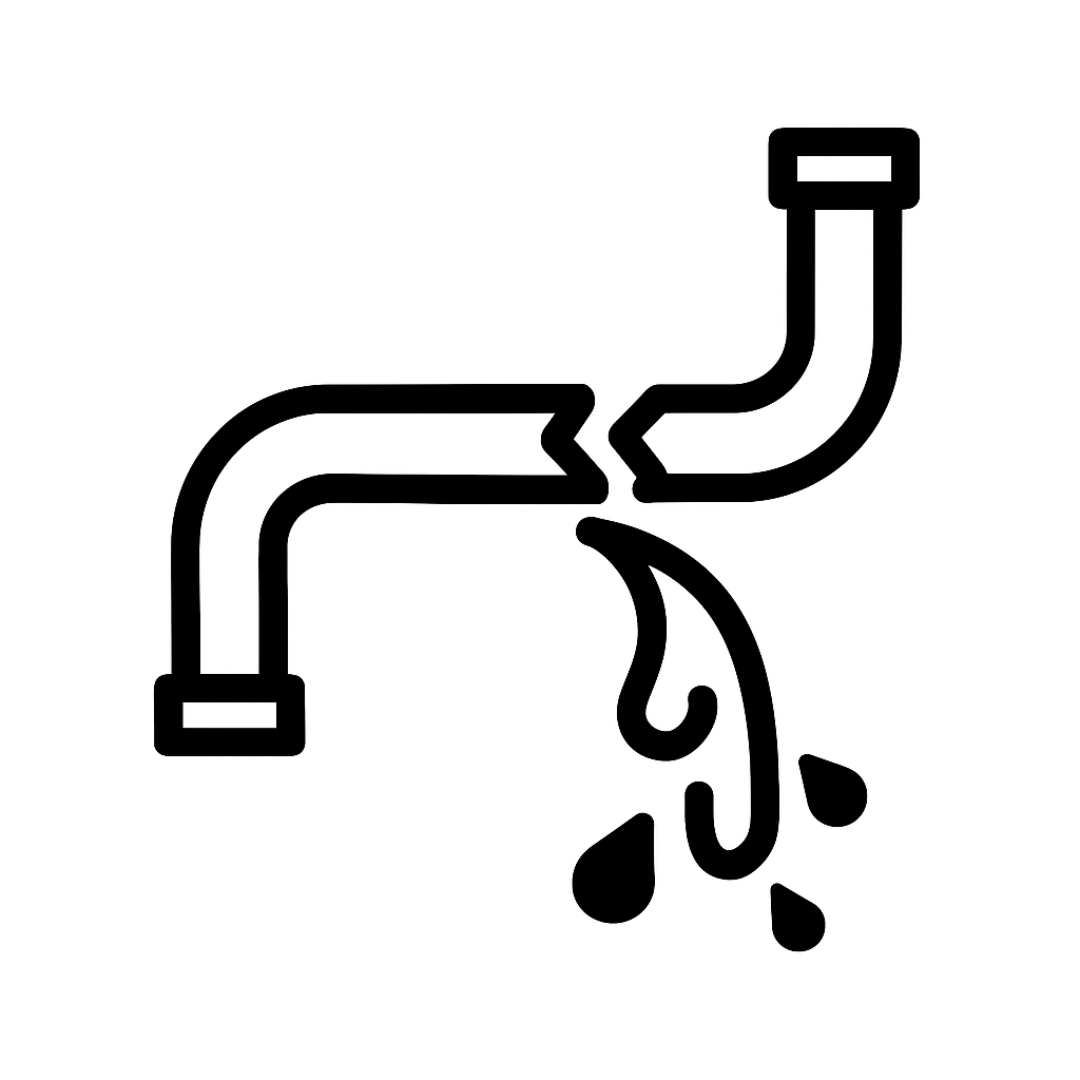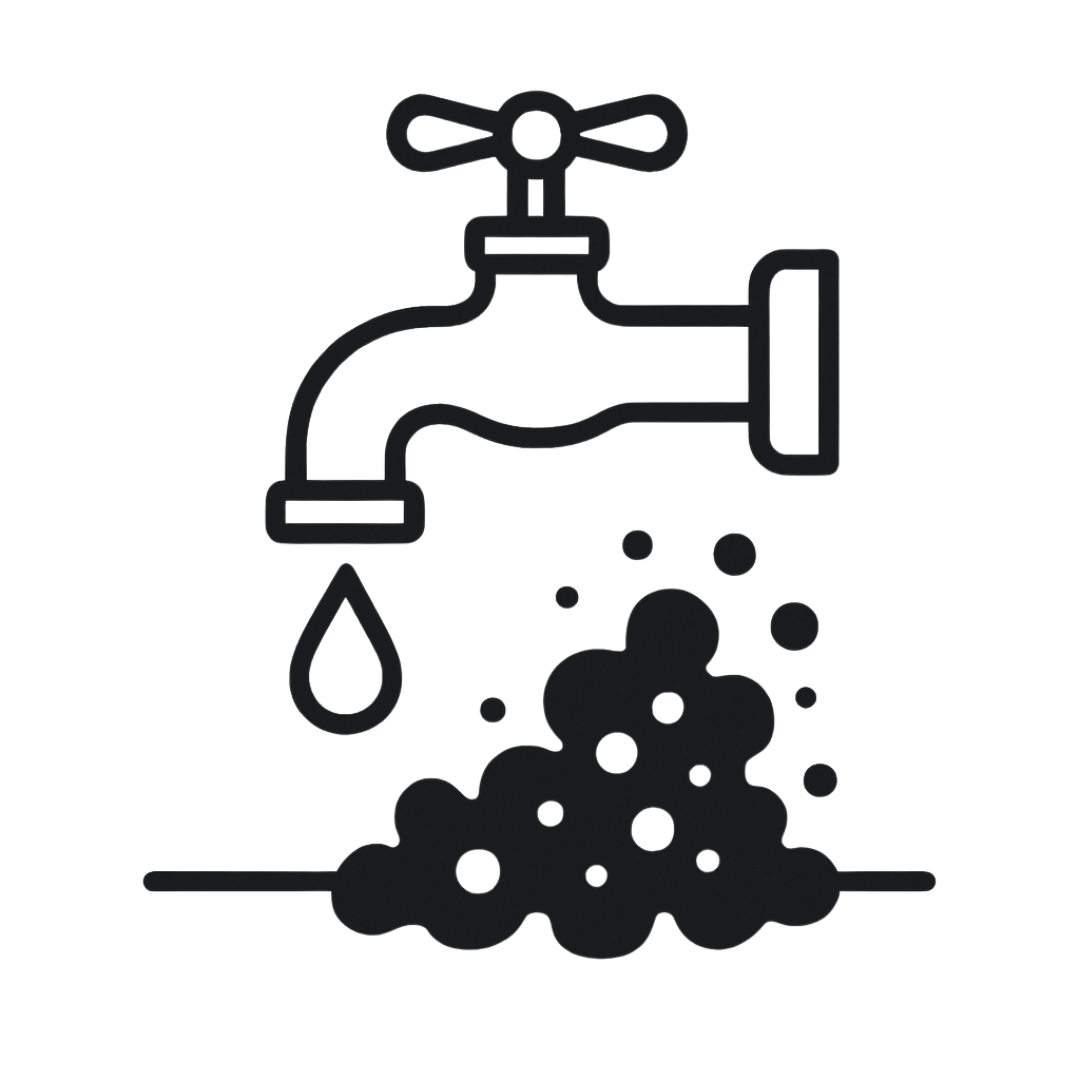Texas Landlord Repair Laws
You should not have to live in an unhealthy or unsafe apartment. Know your rights.
What You Can Demand Repairs For
Section 92.052 of the Texas Property Code generally requires your landlord to make a diligent effort to repair or remedy broad categories of conditions in your apartment. Other statutory provisions and cases suggest the specific kinds of conditions you can demand repairs for. Special rules apply to some of these conditions. Read the Property Code or consult with a lawyer before taking any action.

Sewage backups

No hot water

Broken air conditioning

Flooding from broken pipe

Flooding from outside

Catch-all
Anything that materially affects the physical health or safety of an ordinary tenant
Are You Eligible to Demand Repairs?
Section 92.052 of the Texas Property Code may limit your ability to demand repairs. Your landlord might not be required to repair anything if any of the following apply. Consult with a lawyer if one of these applies to you.

Late on Rent
Late rent. If you are late on rent, Section 92.052 of the Texas Property Code can protect your landlord from having to repair any condition.
Exception: There’s an exception if you requested repairs before you became late on rent. If you think that exception may apply, consult with a lawyer.

Tenant Caused Conditions
Accidents happen. But Section 92.052 of the Texas Property Code can protect your landlord from having to repair any condition caused by the tenant, a lawful occupant, a member of the tenant’s family, or a guest or invitee of the tenant.
Exception: There’s an exception if the “condition was caused by normal wear and tear.” If you think that exception may apply, consult with a lawyer.
Tenant Trap: DO NOT withhold rent
Never withhold rent in Texas because your landlord is not making repairs. That very likely will give your landlord the power to evict you. Section 92.056 of the Texas Property Code does give you some rights to repair and deduct the cost of those repairs from your rent—but only if you strictly follow its procedures. You should not exercise that remedy without a lawyer’s assistance.
How Can You Demand Repairs?
If you want to force your landlord to complete repairs of any of the above conditions, you must follow the strict procedures outlined in Section 92.052 and Section 92.056 of the Texas Property Code.
1. Check your lease
Do you have a written lease that requires written repair requests? Tex. Prop. Code § 92.052(d).
2. Give a FIRST Notice
You must give your landlord “a notice” that “specifies the condition” to be repaired. Tex. Prop. Code § 92.052(a)(1). Follow the procedures in your lease for giving it—if you have a written lease. If no such procedures exist, or if you have an oral lease, then give the notice “to the person to whom or to the place where rent is normally paid.” Id.
Tenant Trap: YOU must submit any written notice; not your landlord.
A common trap tenants fall into is calling their landlord or property manager and requesting repairs over the phone. Often that is not good enough to trigger a landlord’s duty to repair under the Property Code—even if the landlord or property manager submits a written repair request for you on your behalf. Always submit your written repair requests yourself.
3. Wait 7 days
You must give your landlord “a reasonable time to repair or remedy the condition following” your first notice. Tex. Prop. Code § 92.056(b)(3)-(4). The Property Code rebuttably presumes “that seven days is a reasonable time” after your landlord actually receives your first notice. Id. (c)-(d).
4. Give a SECOND written Notice
Unless you are fast-tracking your demand (see below), you must give your landlord “subsequent written notice to repair or remedy the condition.” Tex. Prop. Code § 92.056(b)(3).
Pro tip: How to fast-track your demand for repairs
The Property Code does not require you to give two written notices if you gave the first one “by sending that notice by certified mail, return receipt requested, by registered mail, or by another form of mail that allows tracking of delivery from the United States Postal Service or a private delivery service.” Tex. Prop. Code § 92.056(b)(3). Tip: Use a private delivery service—such as UPS or FedEx—to send your notice if you want to fast-track it.
Pro tip: Put the burden on your Landlord to show they acted diligently
In your second notice, you should also demand in writing that your landlord explain the delay in failing to repair or remedy the condition. If your landlord “does not provide a written explanation for delay in performing a duty to repair or remedy on or before the fifth day after receiving” your demand, then they will bear “the burden of proving that [they] made a diligent effort to repair and that a reasonable time for repair did not elapse.” Tex. Prop. Code § 92.053(b).
5. Wait 7 Days Again
You must give your landlord “a reasonable time to repair or remedy the condition following” your second notice. Tex. Prop. Code § 92.056(b)(3)-(4). The Property Code rebuttably presumes “that seven days is a reasonable time” after your landlord actually receives your first notice. Id. (c)-(d).
6. Lawyer Up
If your landlord still has not repaired or remedied the condition, you may be entitled to certain non-judicial and judicial remedies. Contact us to find out more.
How Long Will a Lawsuit Take?
A repair-and-remedy suit in justice court can be very quick—sometimes taking less than a month. That stands in sharp contrast to typical lawsuits, which can drag on for years. Below is the process for a typical repair-and-remedy suit.
1. Intake
Contact us for a consult. A member of our team will collect your information to review your matter.
2. Consult
If we think we can help, we will schedule you for a consult with an attorney.
3. Prepare to File Suit
If you engage us, we will further investigate your claims. Assuming your case warrants it, we will then prepare to file suit.
4. File Suit in Justice Court
Typically we will file suit in justice court. That will put your case on a fast track to resolution.
5. Trial in 10-21 days
The justice court will set your case for trial between 10 and 21 days after we file your petition. Tex. R. Civ. P. 509.3(b).
6. Serve Your Landlord
Typically the constable will serve your landlord with the lawsuit. This process may take a few days.
Pro tip: Many Cases Settle
Many cases settle before trial. If your case is going to settle, then it will likely happen after your landlord has been served and the case has been set for trial.
7. Prepare for Trial
Your and our team will prepare for trial.
8. Trial
You will testify, telling your story to the jury, or the judge in a bench trial.
Final Judgment
At the end of the trial the justice court will typically render its final judgment. Barring any appeals, that will typically end your case.
Don’t sue your landlord by yourself. We sue bad landlords for repair-and-remedy violations. Reach out to us today to see if can help in your case.
Let’s Talk
If you’re living in an unsafe home, we’re ready to listen.



